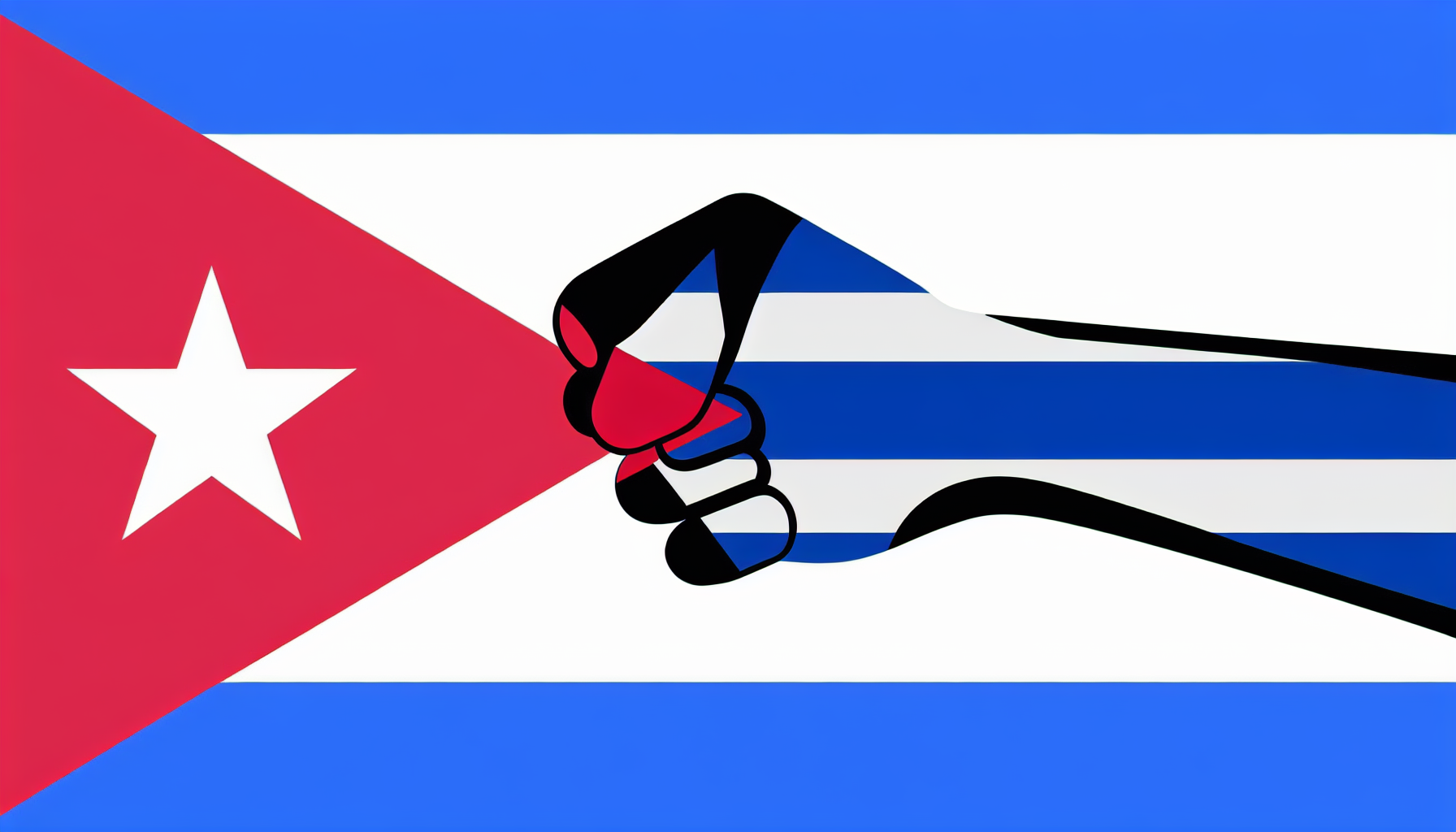[Disclaimer] This article is reconstructed based on information from external sources. Please verify the original source before referring to this content.
News Summary
The following content was published online. A translated summary is presented below. See the source for details.
The US Secretary of State has officially certified Cuba as a “not fully cooperating country” (NFCC) under the Arms Export Control Act, meaning Cuba did not adequately help the United States fight terrorism in 2024. This designation prohibits the sale or licensing of defense equipment and services to Cuba. The decision was based on several factors, including Cuba harboring at least 11 US fugitives from justice, some facing terrorism-related charges. The Cuban government made it clear they were unwilling to discuss returning these fugitives to face trial in the United States. Additionally, Cuba refused to cooperate on other terrorism-related law enforcement matters, making meaningful counterterrorism cooperation impossible in 2024. Secretary Rubio has also re-certified North Korea, Iran, Syria, and Venezuela with the same non-cooperative status. The US government emphasized its commitment to promoting international cooperation on counterterrorism while holding accountable countries that don’t stand against terrorism.
Source: US Department of State
Our Commentary
Background and Context
The relationship between the United States and Cuba has been complicated for over 60 years. Since the 1960s, the two countries have had limited diplomatic relations due to differences in political systems and foreign policy. Counterterrorism cooperation means countries working together to prevent terrorist attacks and prosecute people involved in terrorism.
When someone is labeled a “fugitive from justice,” it means they’re wanted by law enforcement but have fled to another country to avoid prosecution. If that country refuses to send them back, it creates tension between the nations involved.
Expert Analysis
The “Not Fully Cooperating Country” certification has several important implications:
What it means: This certification is essentially a formal way of saying “Cuba isn’t helping us catch criminals”. It’s particularly serious because some of these fugitives face terrorism-related charges.
Practical consequences:
– Cuba cannot purchase military or defense equipment from the US
– It signals to other countries that the US views Cuba as unhelpful on security matters
– It maintains diplomatic pressure on Cuba to change its policies
Why it matters: Terrorism is a global problem that requires international cooperation. When countries harbor fugitives or refuse to cooperate, it makes it harder to prevent attacks and bring criminals to justice.
Additional Data and Fact Reinforcement
The other countries receiving the same certification – North Korea, Iran, Syria, and Venezuela – all have strained relationships with the United States. These countries often have:
– Limited diplomatic ties with the US
– Different political systems and ideologies
– Histories of conflicts with US foreign policy
This pattern suggests that counterterrorism cooperation is often closely linked to broader diplomatic relationships between countries.
Related News
This certification relates to several ongoing issues:
– US-Cuba diplomatic relations and trade policies
– International efforts to combat terrorism
– The broader US approach to countries it considers problematic
– Regional security concerns in Latin America and the Caribbean
Summary
The US certification of Cuba as non-cooperative on counterterrorism reflects the ongoing challenges in US-Cuba relations. While this designation has practical consequences like restricting defense sales, it also serves as a diplomatic tool to pressure Cuba to cooperate more fully on security matters. The presence of US fugitives in Cuba, particularly those facing terrorism charges, remains a significant barrier to improved relations between the two countries.
Frequently Asked Questions
Q: Does this mean the US and Cuba are enemies?
A: Not exactly. While relations are strained, the countries still maintain limited diplomatic contact. This certification is more about specific security cooperation issues.
Q: What happens to those fugitives in Cuba?
A: They remain in Cuba unless the Cuban government decides to extradite them (send them back to the US), which Cuba has shown no willingness to do.
Q: Could this change in the future?
A: Yes, if Cuba begins cooperating more on counterterrorism matters, particularly regarding the return of fugitives, the US could remove this certification.


